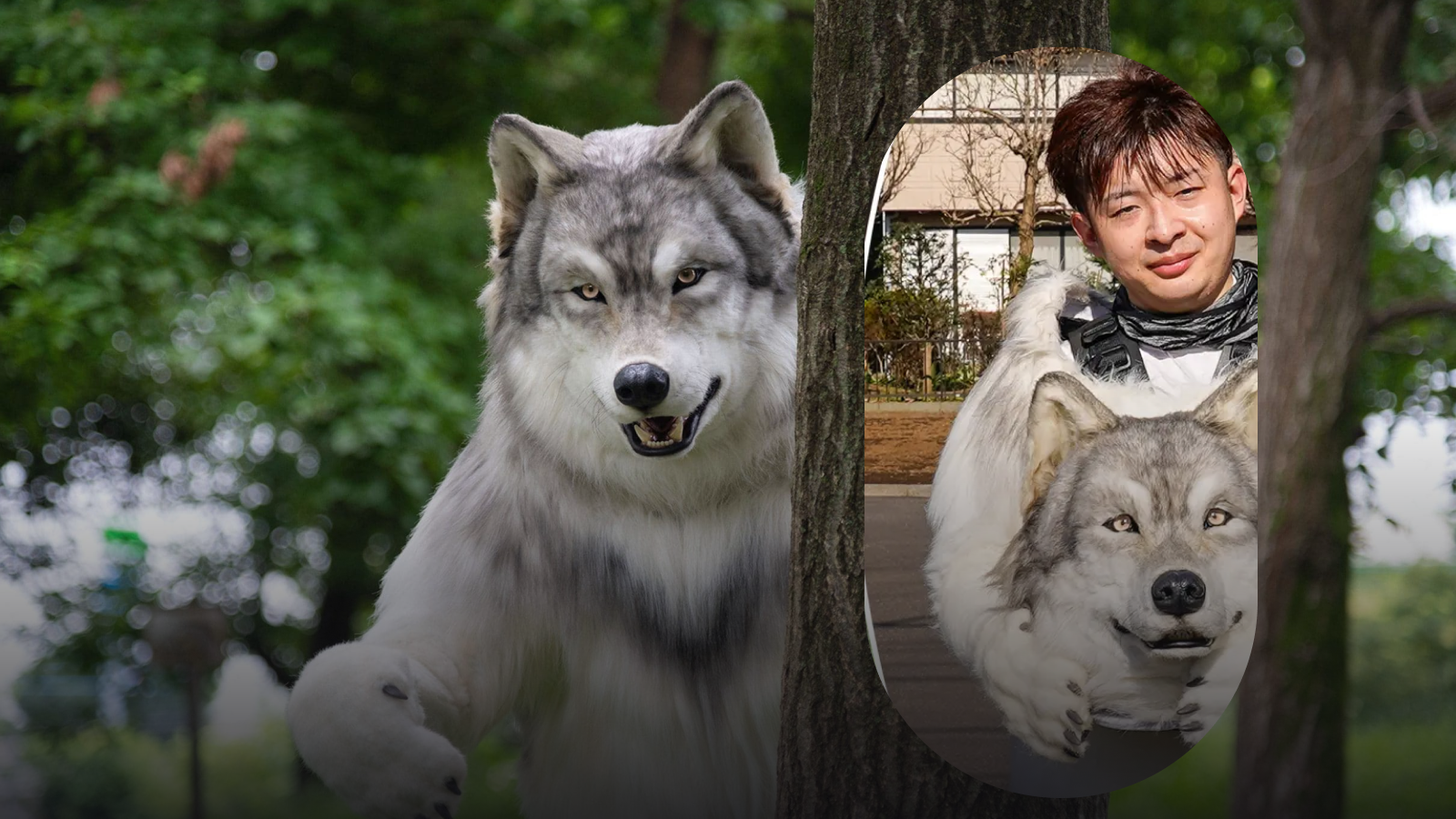In an extraordinary and controversial endeavor, a man reportedly spent a staggering $7 million to undergo a radical transformation into a wolf-like creature. The astonishing feat involved a series of intricate surgical procedures, experimental genetic modifications, and extensive psychological therapy.
The man, whose identity remains undisclosed, allegedly harbored a lifelong fascination with wolves and a deep desire to experience life as one of these majestic creatures. Driven by this unusual passion, he embarked on a transformative journey that captivated both the media and the public worldwide.
The process of becoming a wolf was not without its challenges and detractors. Ethical concerns were raised regarding the experimental nature of the genetic modifications and the psychological implications of such a transformation. Animal rights activists decried the act as an affront to nature, arguing that humans should not meddle with their biology in such a manner.
Despite the controversies, the man claimed to have found a profound sense of fulfillment and happiness in his new identity. Supporters argued that individuals should have the autonomy to pursue their deepest desires, even if they diverge from societal norms.
The story of this remarkable transformation sparked debates on the boundaries of human identity and the limits of medical and scientific interventions. It serves as a poignant reminder of the complexities of human nature and the ever-evolving ethical questions we face in a rapidly advancing world.


